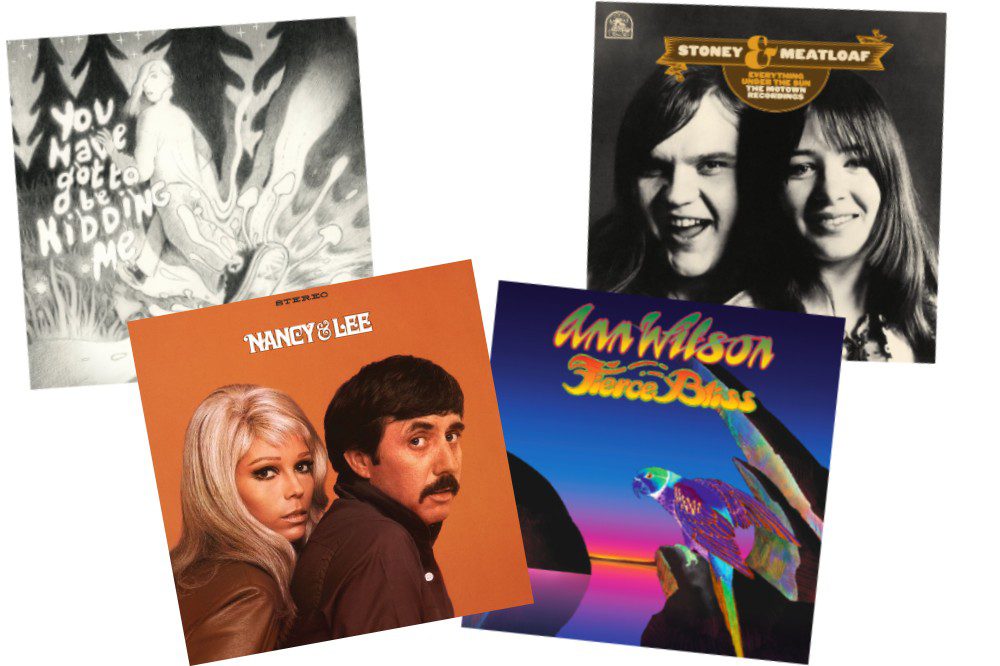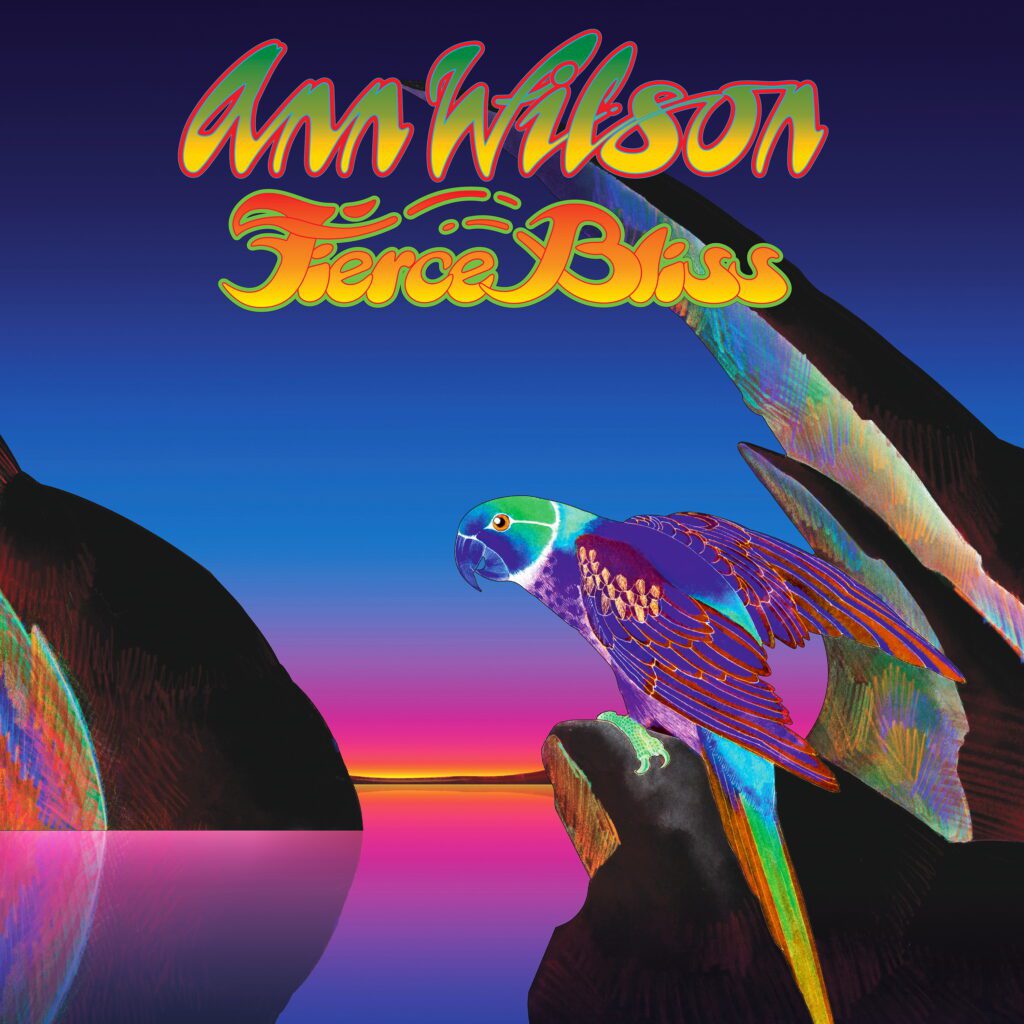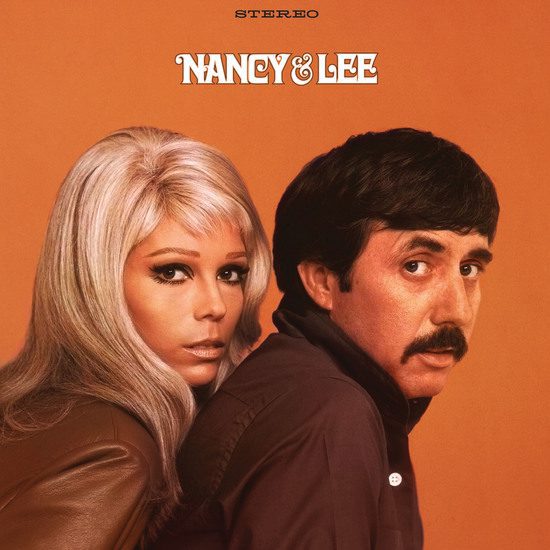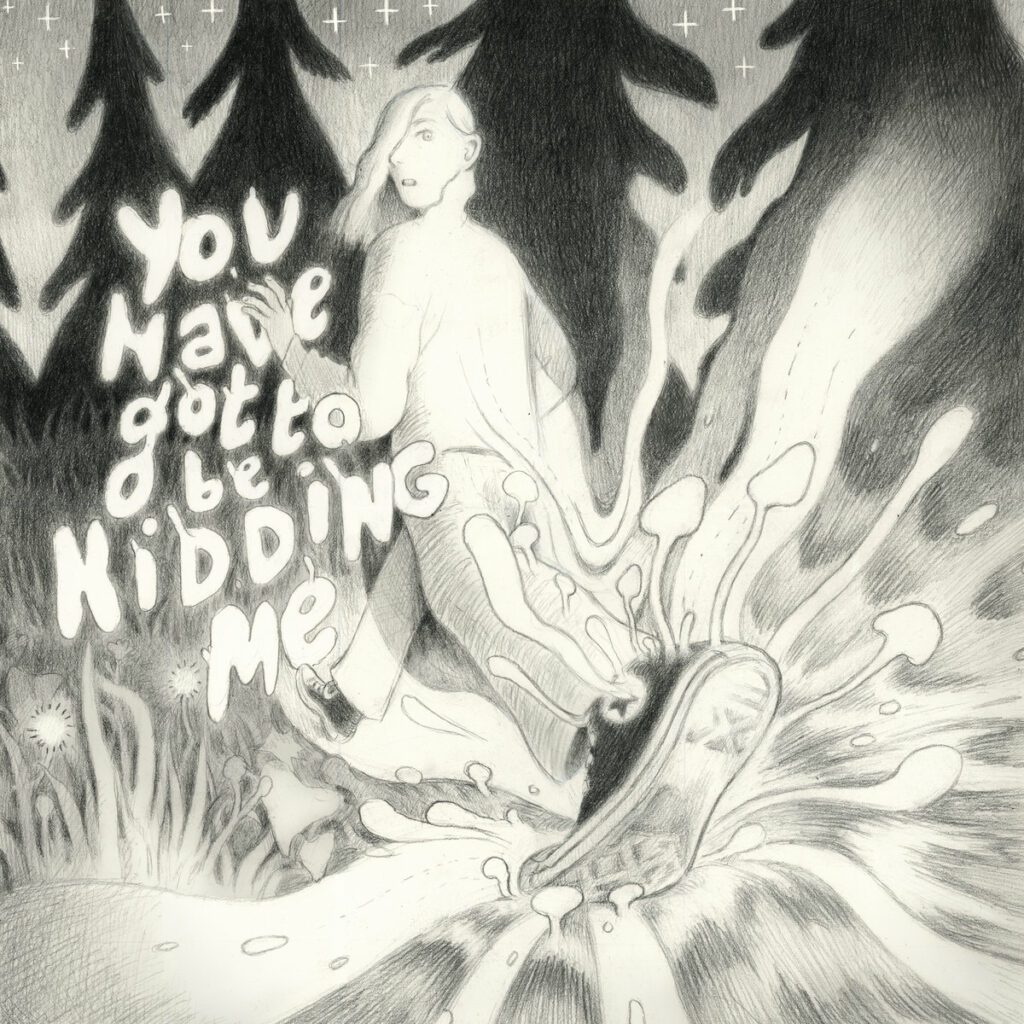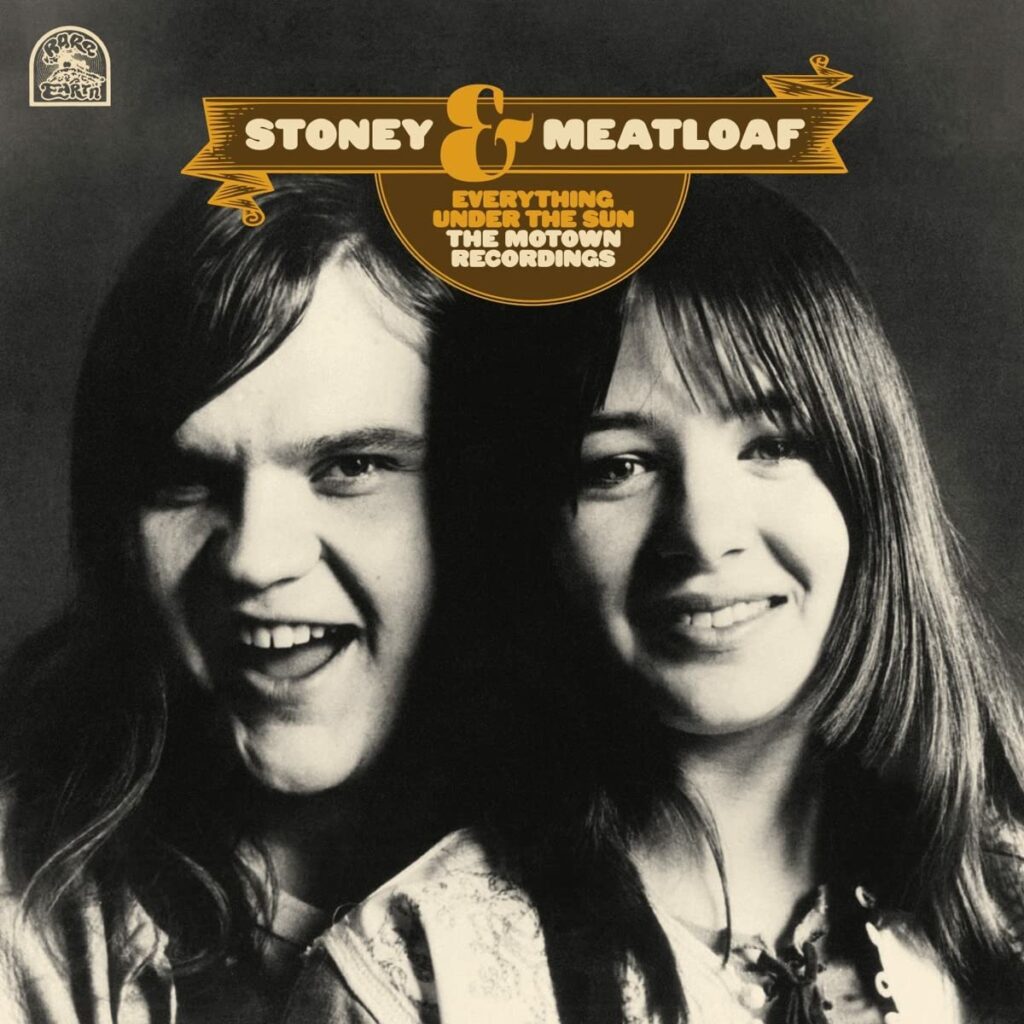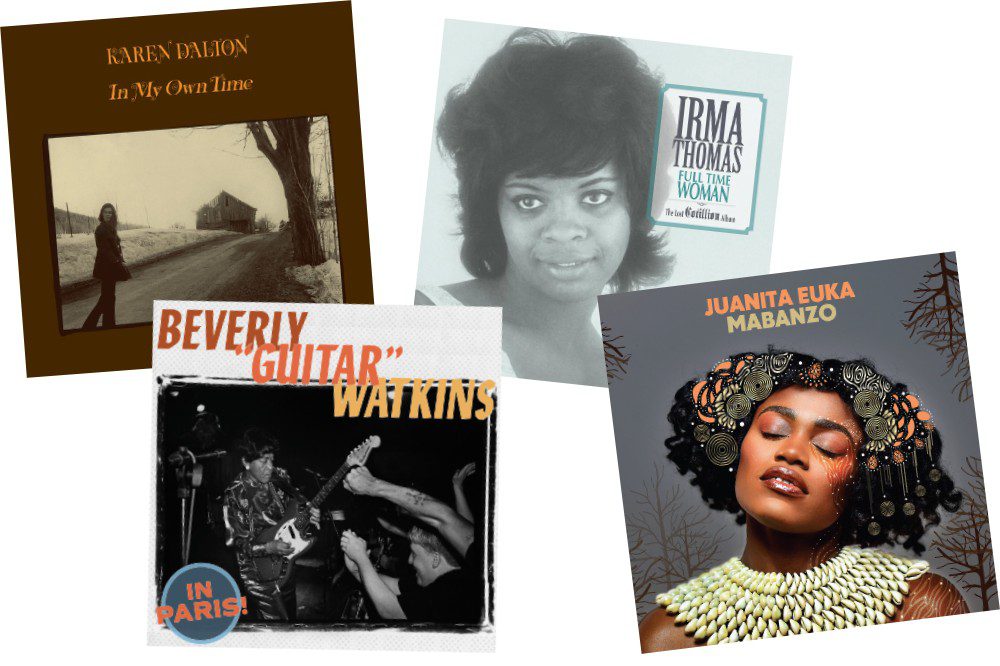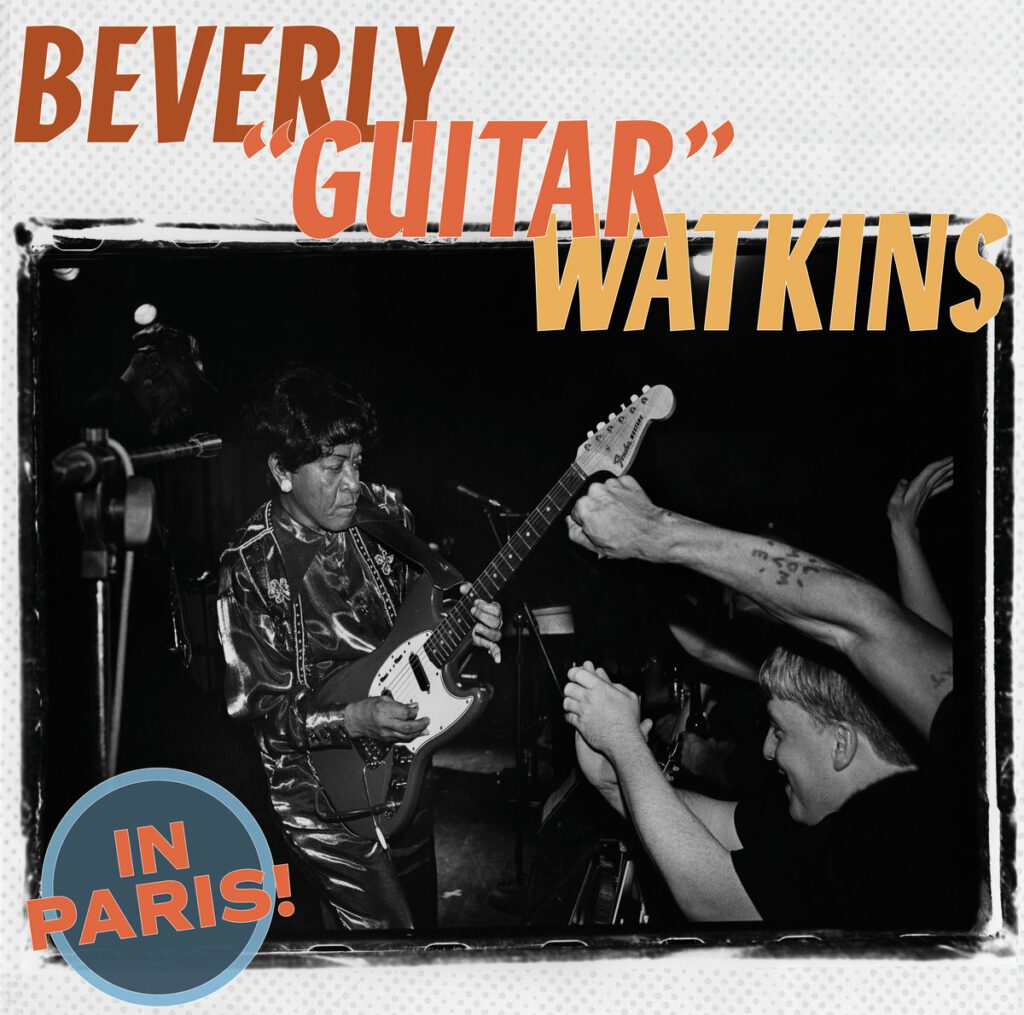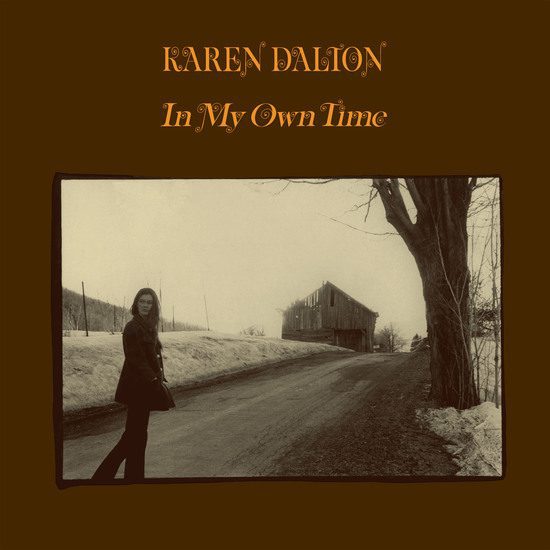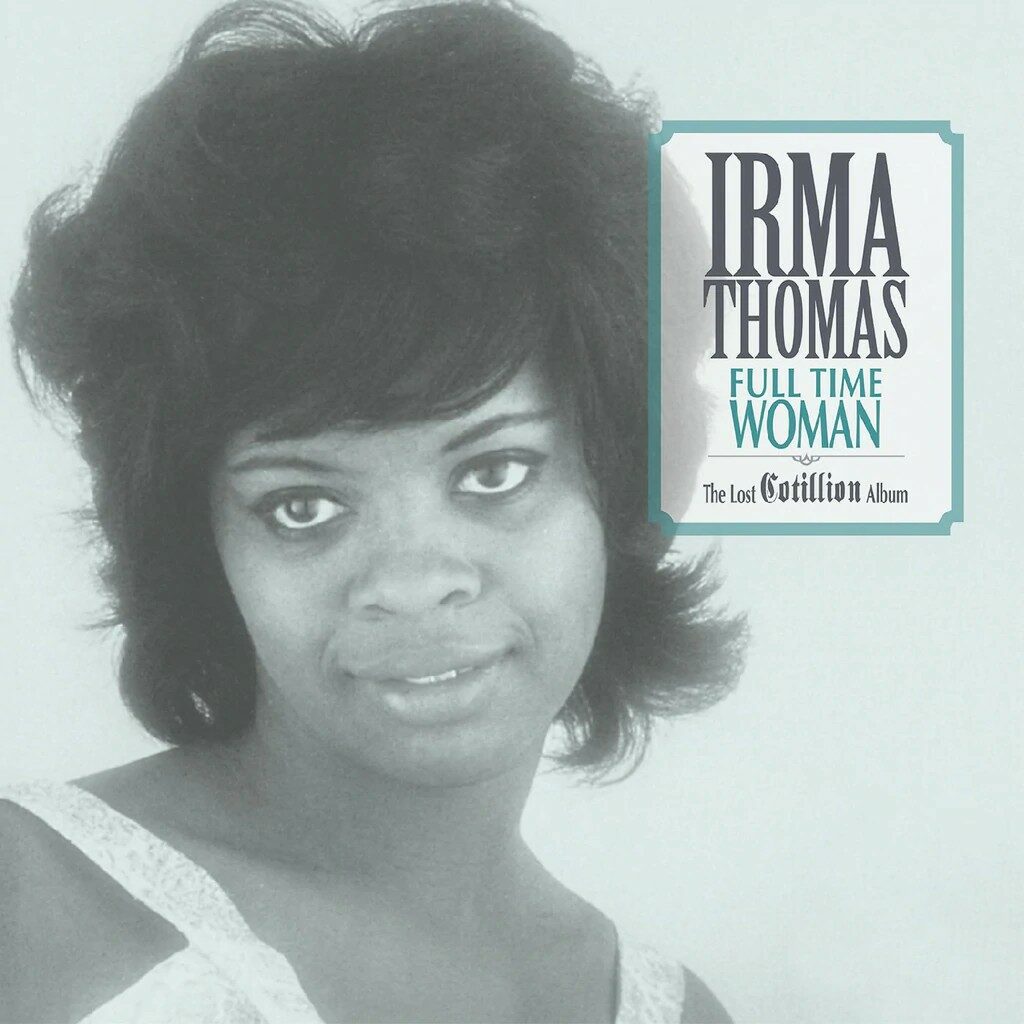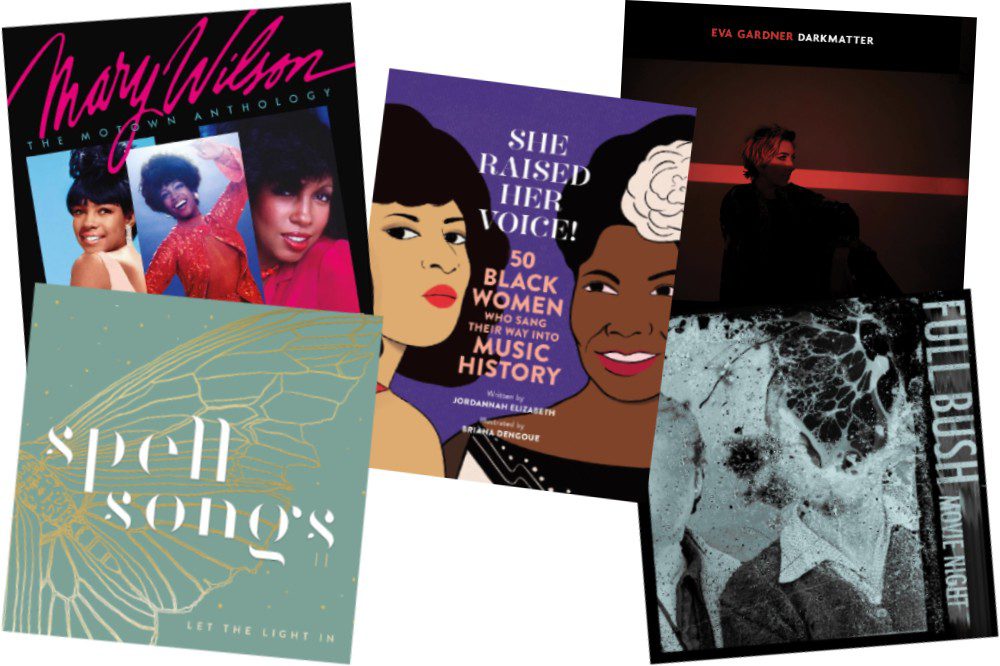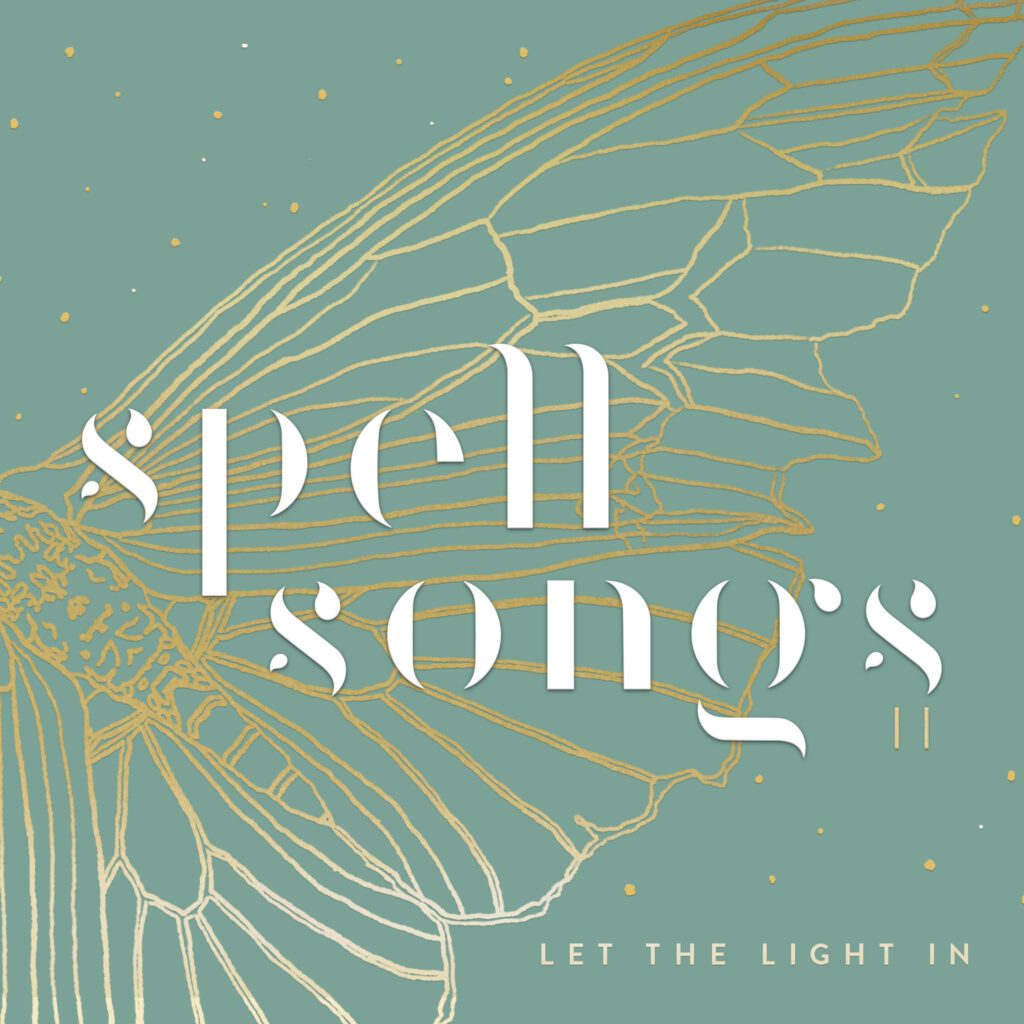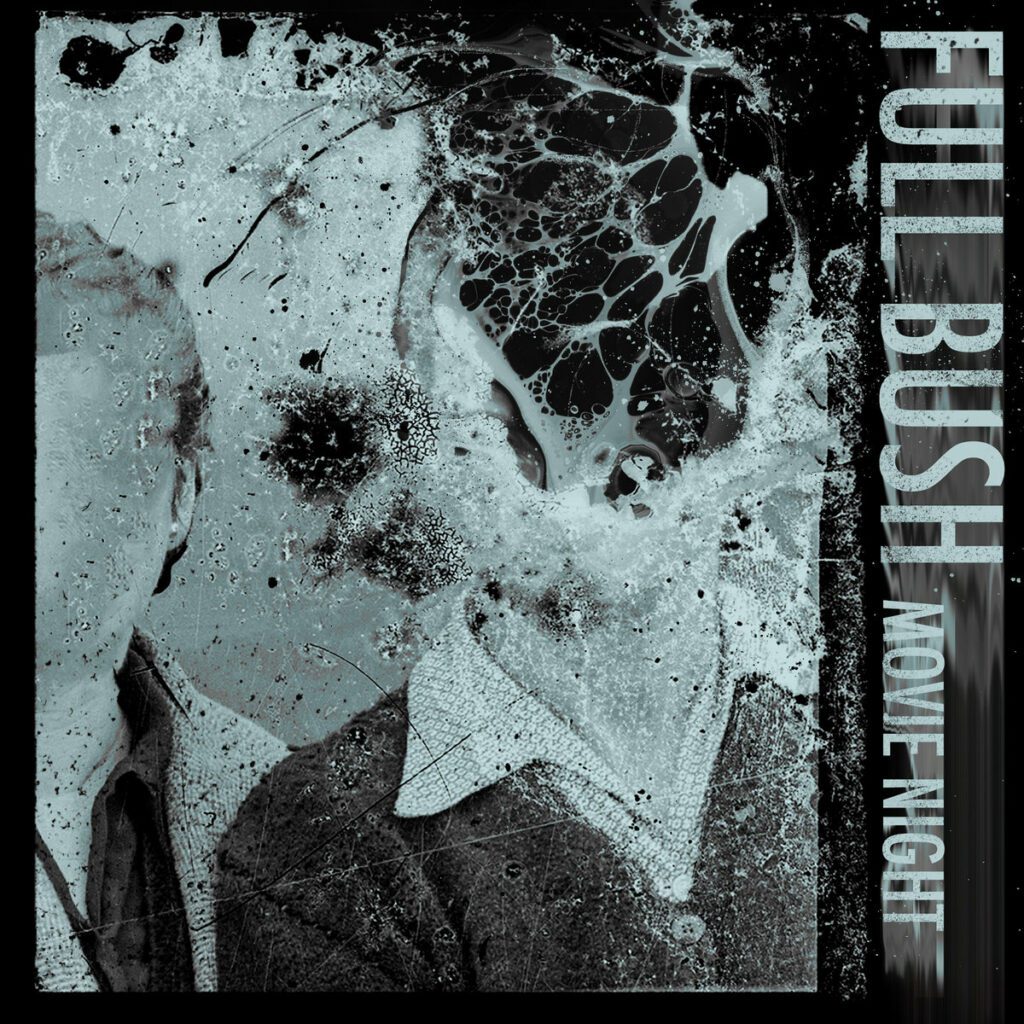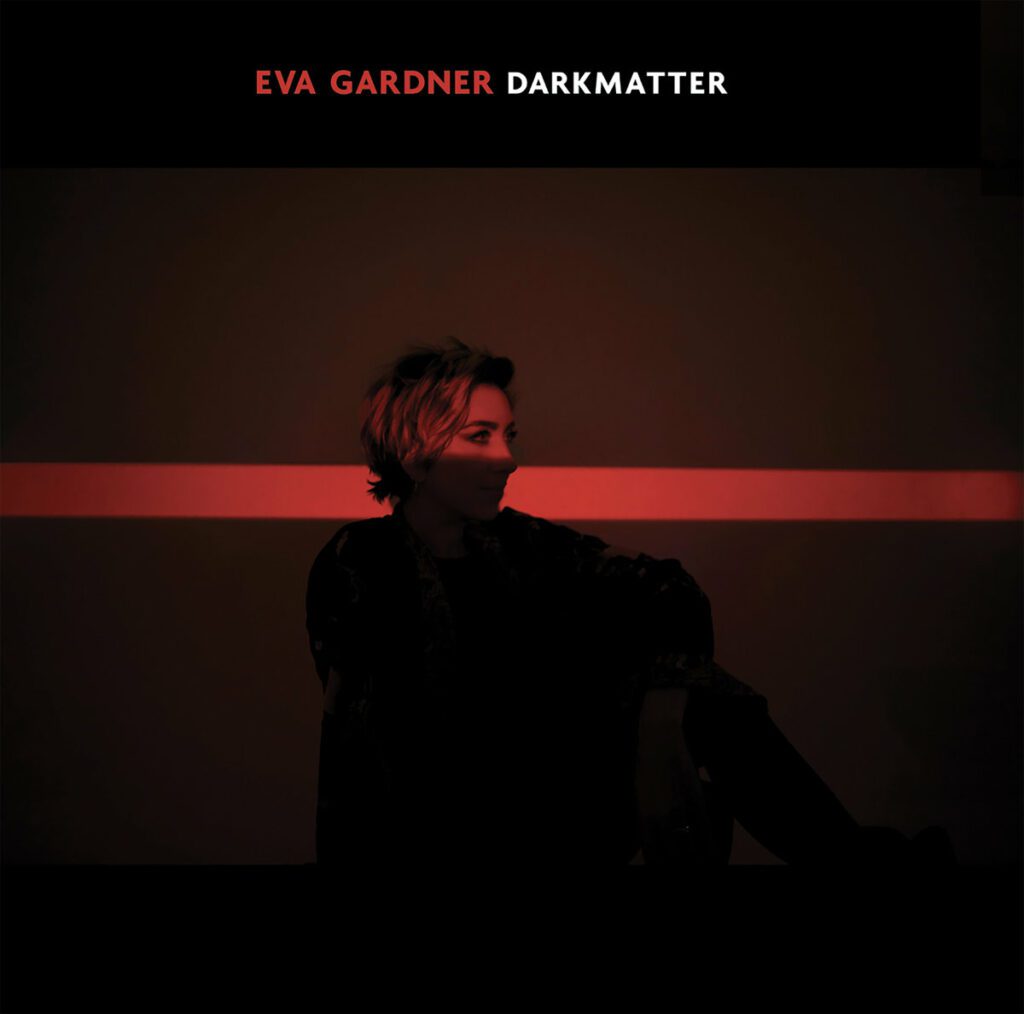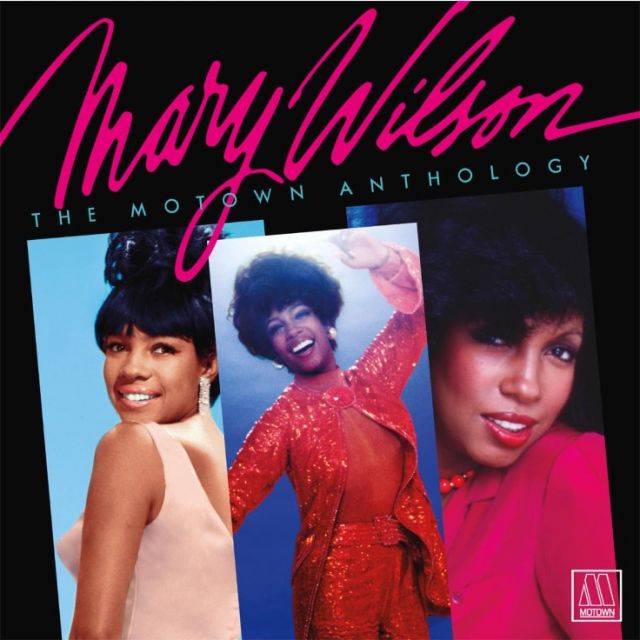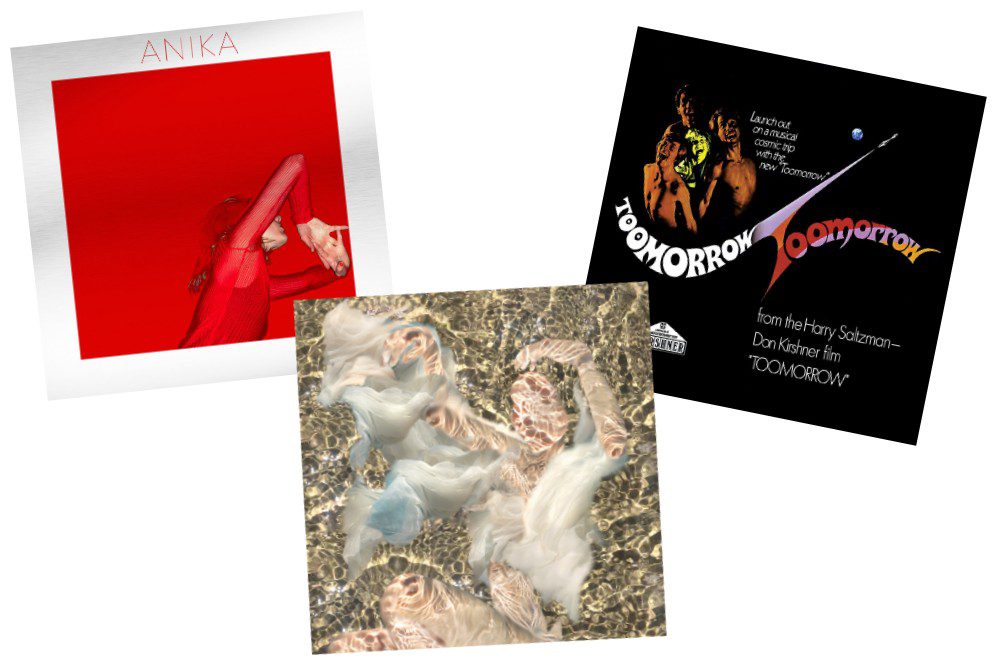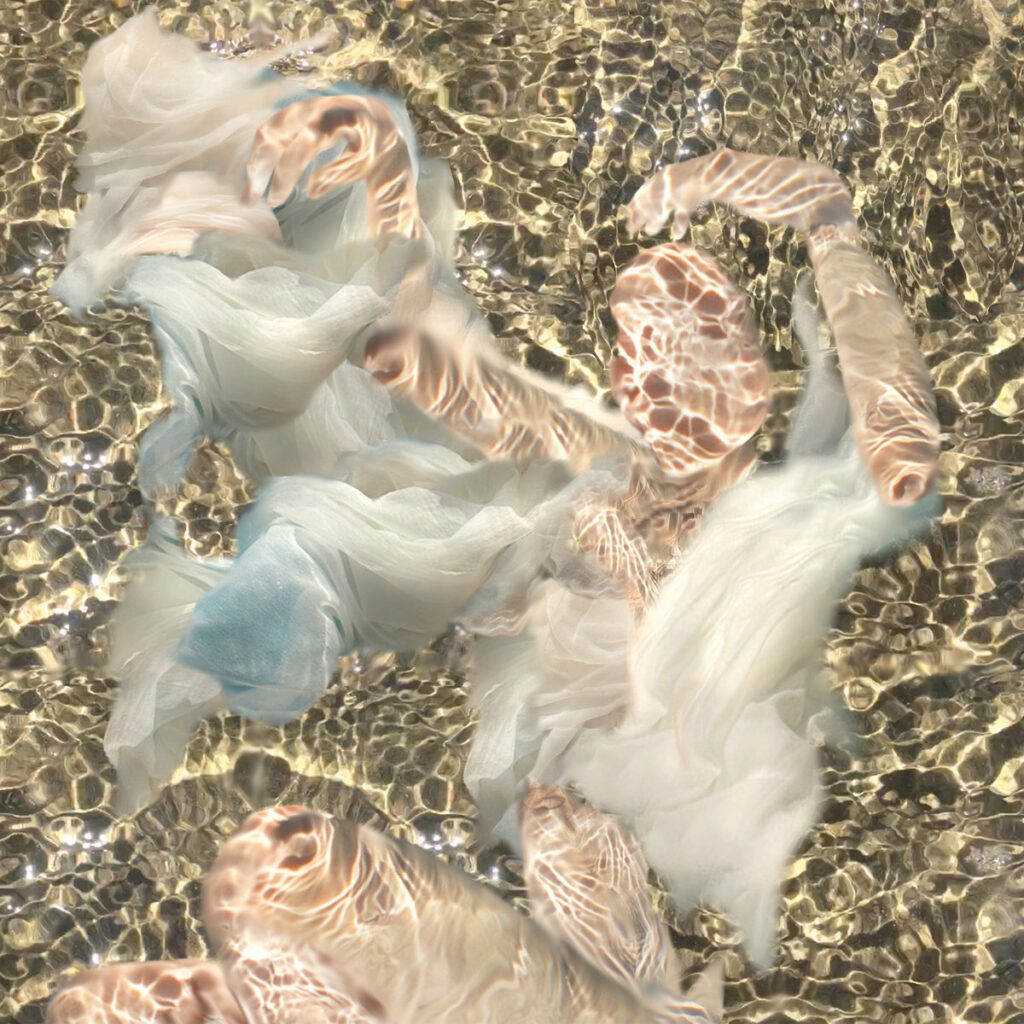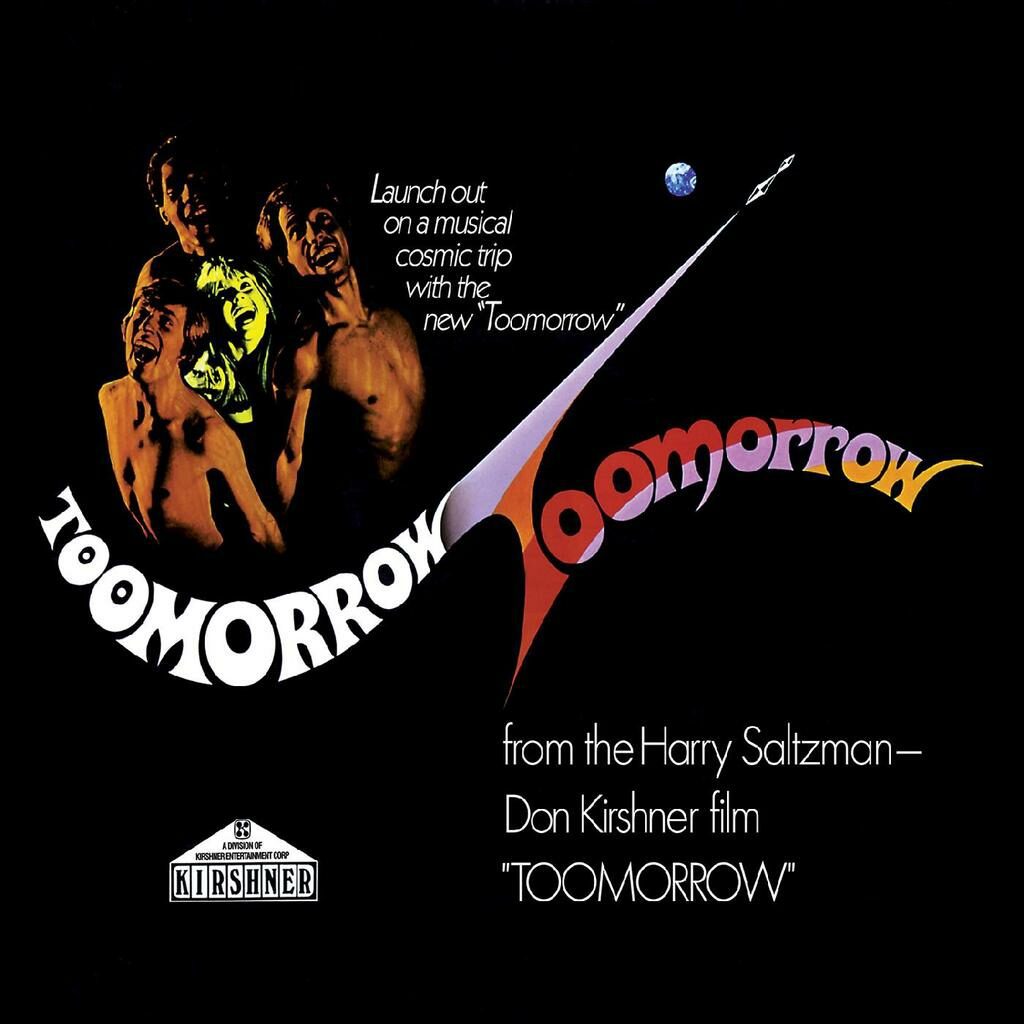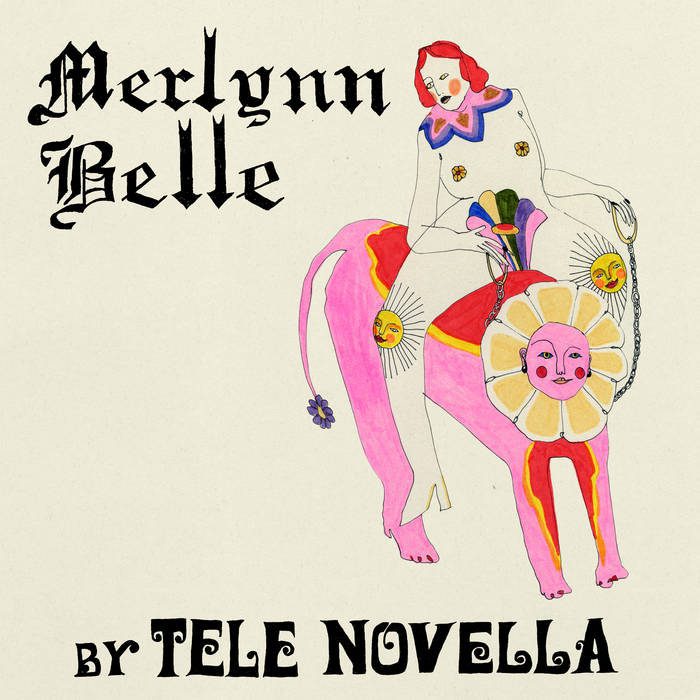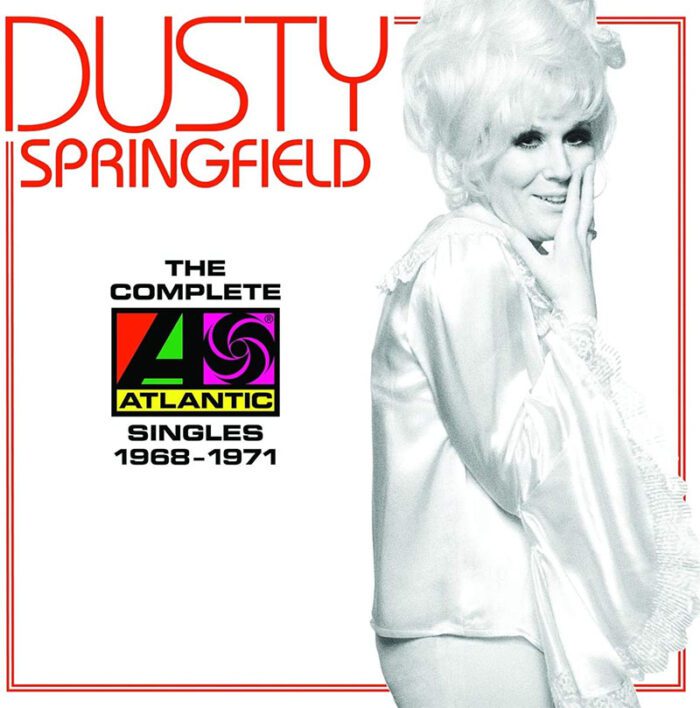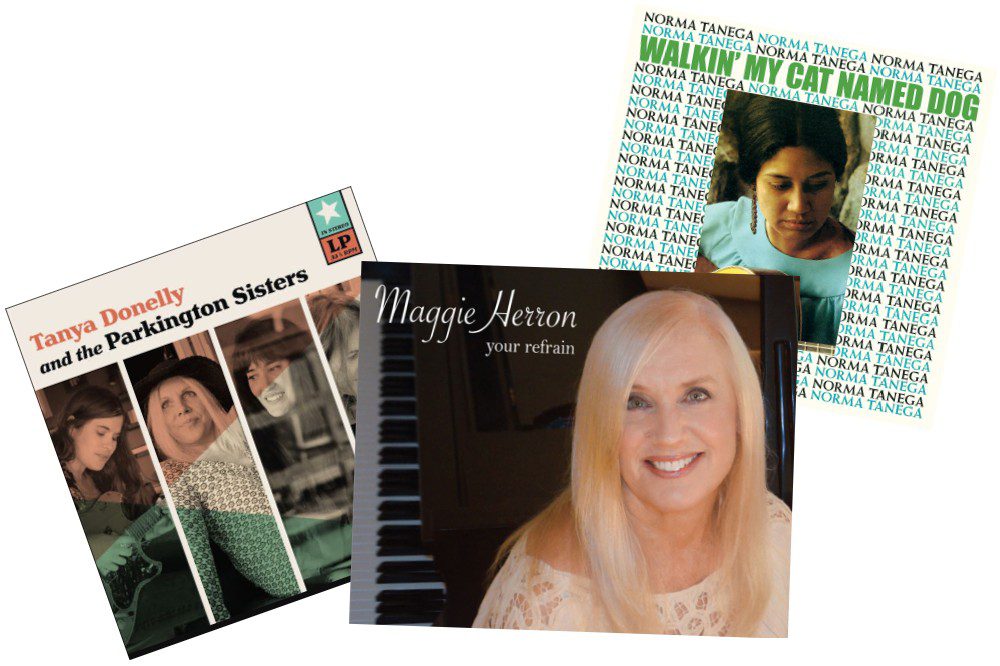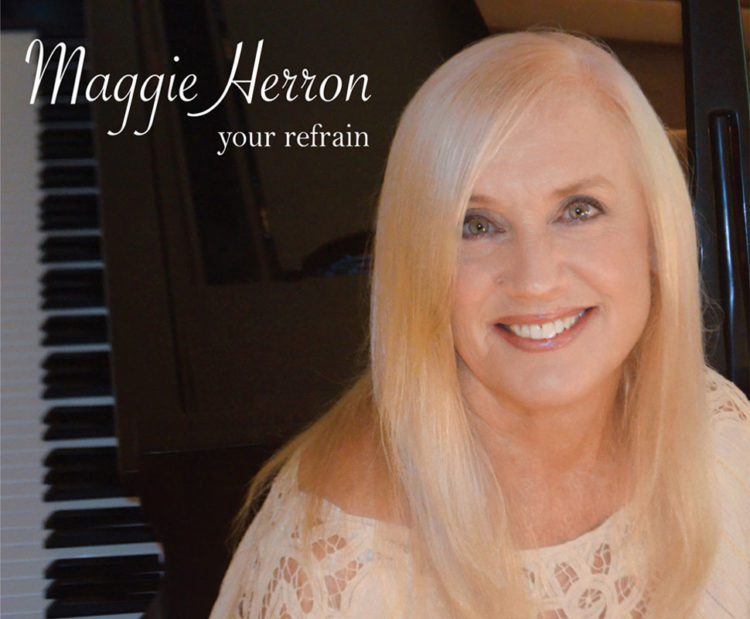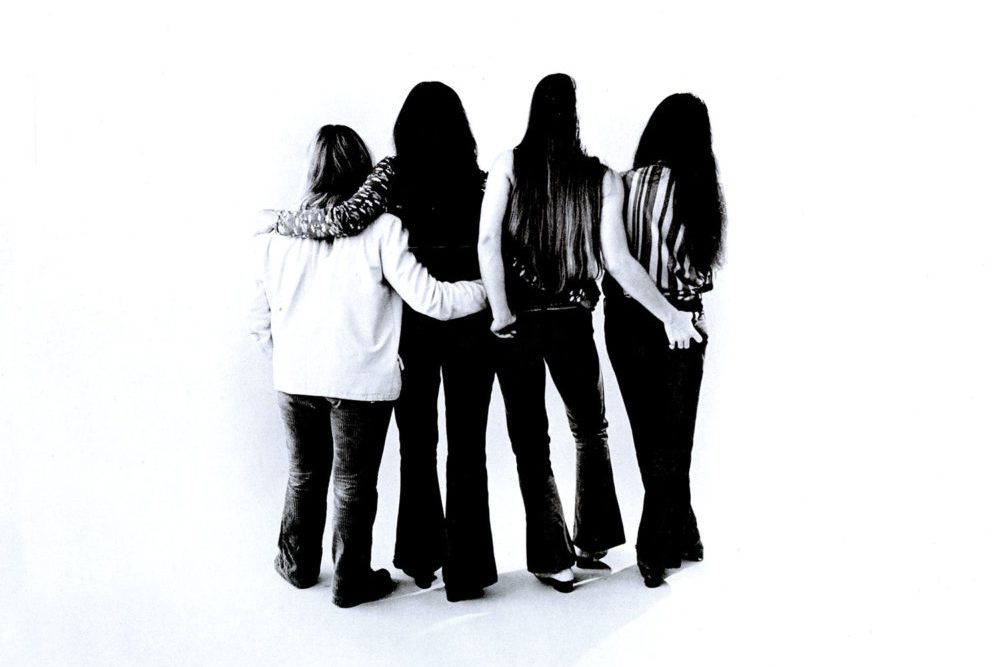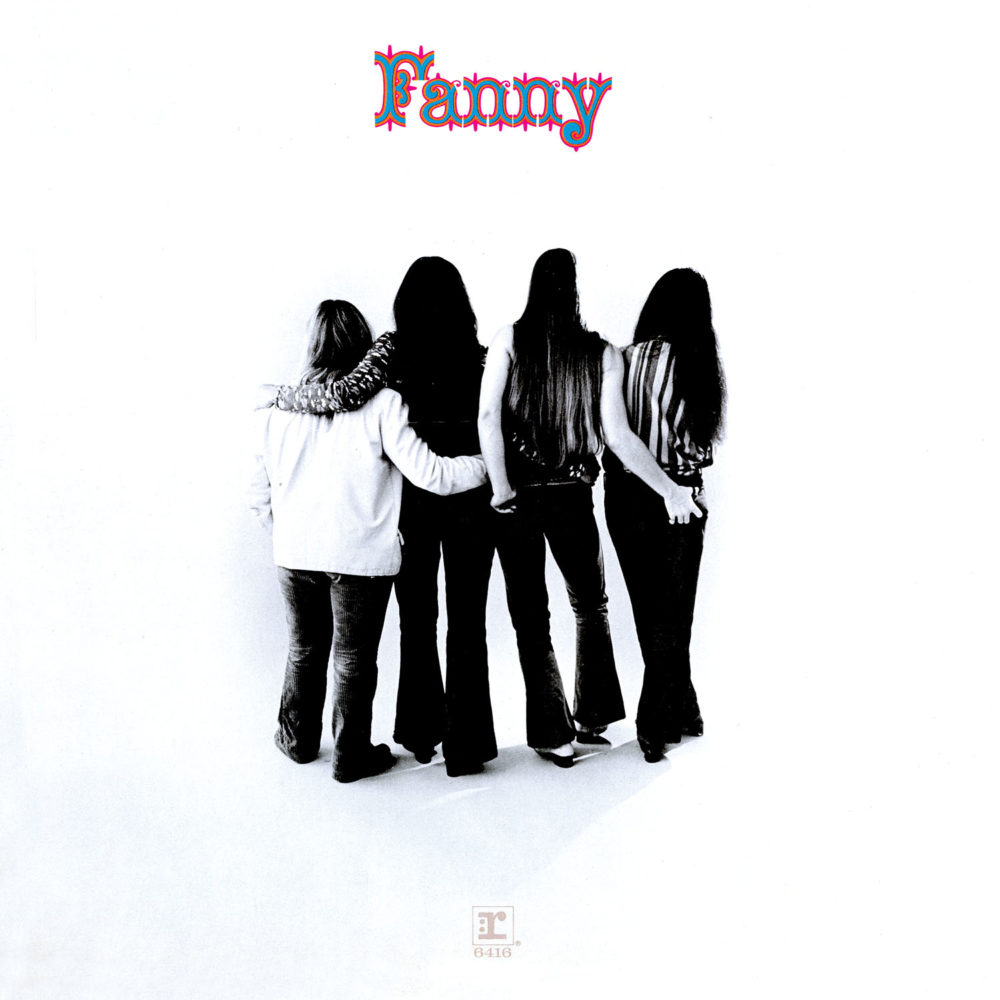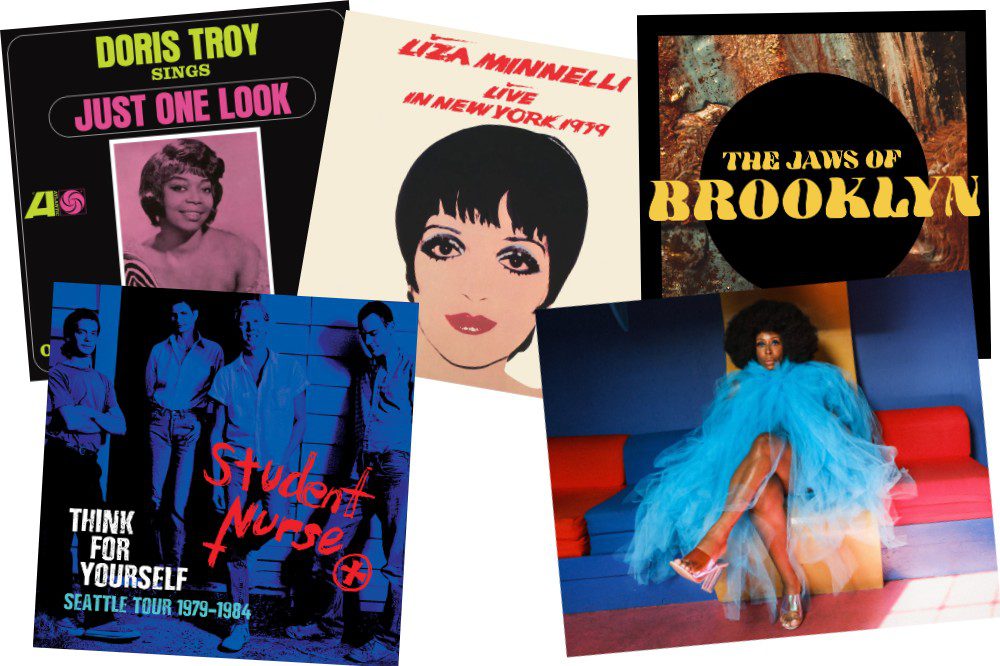
Welcome to Audiofemme’s record review column, Musique Boutique, written by music journo vet Gillian G. Gaar. The last Monday of each month, Musique Boutique offers a cross-section of noteworthy reissues and new releases guaranteed to perk up your ears.
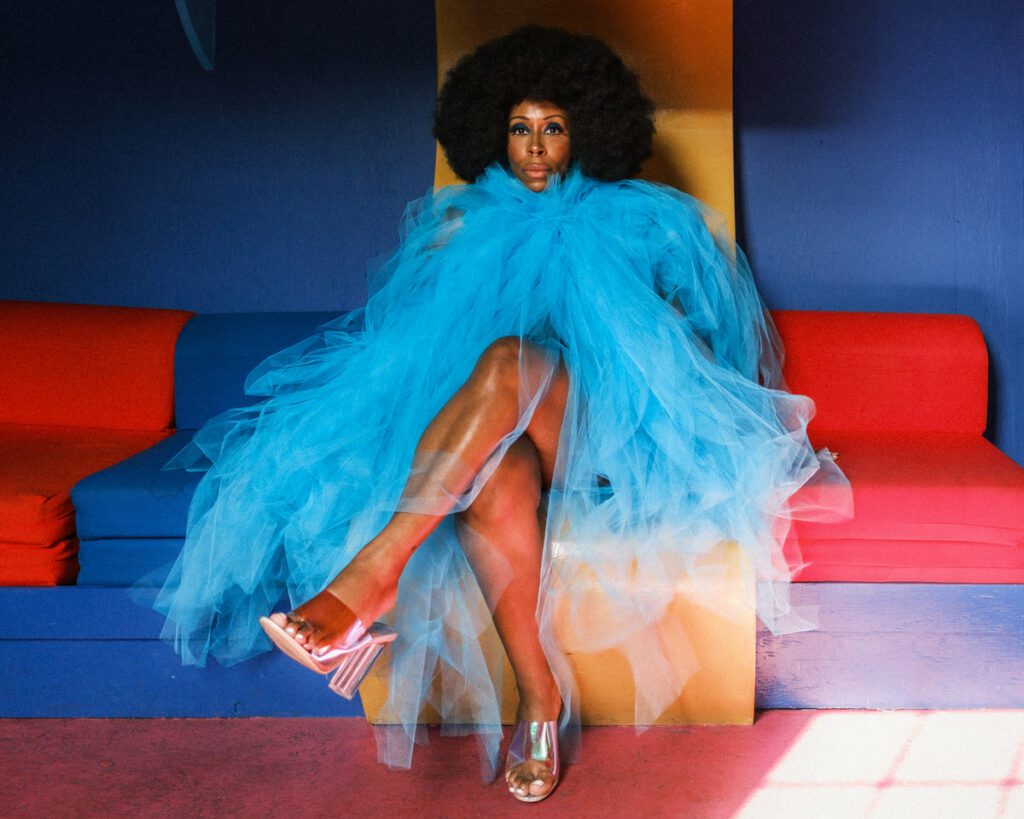
Put on JNA’s debut EP, I Have Good Taste But For Some Reason I Like You, close your eyes, and you might feel you’ve been transported back to the era of hypnotically blissful ‘70s numbers like “Love to Love You Baby,” “Funkytown,” and “Le Freak.”
“Tell Me Why” gets the party started with a toe-tapping hook, keeping the beat going with its strutting bass and insinuating synthesizer. JNA’s voice is cool and clear, musing in about her inability to get over a lover whose presence she senses everywhere; there’s also a teasing quality to her delivery that suggests she’s not that anxious to move on – and why should she be? But in “Only You,” she sounds more vulnerable, heartbreak lashed to a snappy beat. The dreamy “Freak” is a whisper of seduction, an invitation to a night of commitment-free fun. “I Need You” has the same pulsating energy as Donna Summer’s “I Feel Love,” in a song of steadily percolating desire. Here’s hoping that on her next outing, we get the full-length album treatment.
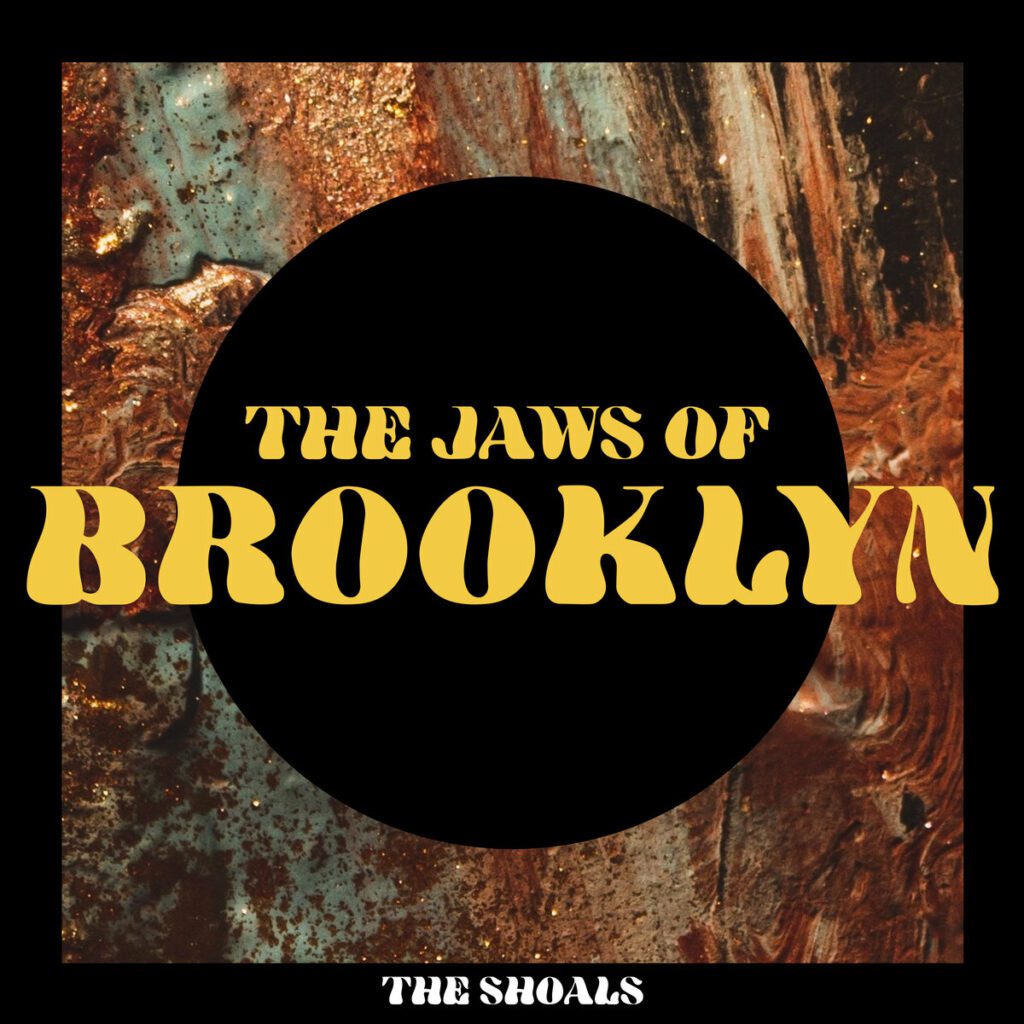
They might be based in Seattle, but the Jaws of Brooklyn wanted to soak up the kind of Southern blues you can only absorb by actually visiting Muscle Shoals, Alabama – the region that’s home to the legendary Fame Recording Studios and Muscle Shoals Sound Studios, as well as Sundrop Sound, where they laid down their debut album, appropriately titled The Shoals.
It’s the more forceful numbers that make the biggest impression. The opening track “Give It a Try” has the thick, chunky sound of 1960s soul pop, all fuzzy guitars and organ, with vocalist Lindsay Love standing in for Dusty Springfield. “Forever and a Day” mixes the effervescence of the Supremes with slices of garage rock guitar. “Sugar Sugar” is light and sweet and “Fever” is smokey and smooth. The perfect songs for a sizzling summer.

Liza Minnelli’s record setting run at Carnegie Hall in September 1979 (with all eleven shows selling out) was documented on the 1981 double album Live at Carnegie Hall. Now a newly expanded CD reissue, Live in New York 1979 (Real Gone Music), offers both the original album and the complete show, the latter released in its entirety for the first time, in sparkling remastered sound.
Minnelli was at her peak as a vocalist during this decade. There’s a terrific version of “Some People” from the musical Gypsy, which featured some of Stephen Sondheim’s best lyrics (“Some people sit on their butts/Got the dream, yeah, but not the guts”), and will make you wonder why Minnelli has never been offered the role of Mama Rose. “Arthur in the Afternoon,” from her 1977 musical The Act, is also cheeky good fun. And of course you get “Cabaret.” But she also taps into modern pop, with a snazzy rendition of James Taylor’s “Everybody Has the Blues” and a lovely version of Melissa Manchester’s “Come In From the Rain.” The three CD set displays this consummate song stylist at her best; there’s also a shorter two LP set on luscious red vinyl.
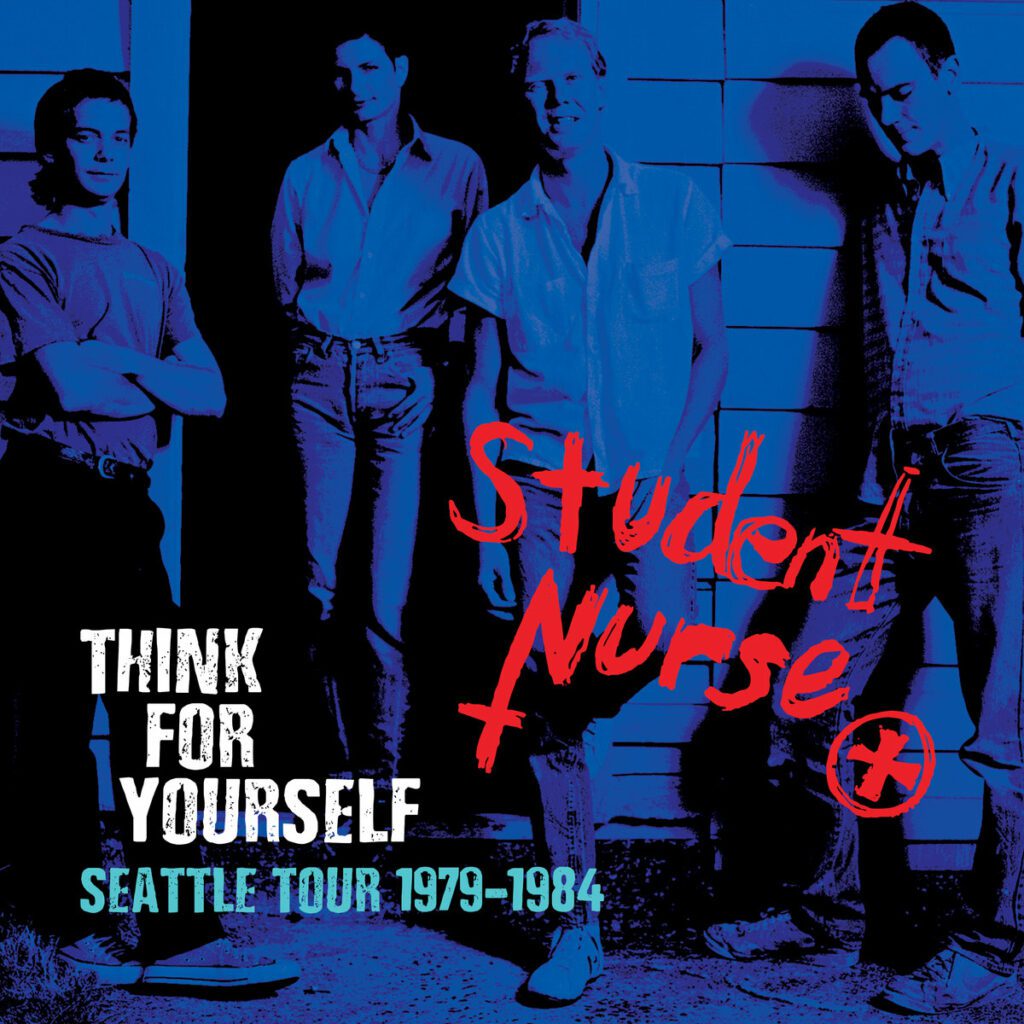
In the eyes of the outside world, the Seattle music scene of the early 1980s had nothing going on. Ah, but that would be overlooking the innumerable smallish bands who came together, released a few tracks, then sank into oblivion. Such as Student Nurse, founded by Helena Rogers, who moved to Seattle in the late 1970s, bought a guitar, took lessons from the same man who taught Bonnie Guitar and Nancy Wilson, then joined musical forces with her then-husband, drummer John Rogers. Think For Yourself: Seattle Tour 1978-1984 (Salish Sea Records) features the handful of tracks the band released at the time, and eighteen songs that remained in the vaults until now.
It’s spirited, spiky, punky new wave, with forays into funk and ska; check out that swingable dance beat in “Discover Your Feet,” about the joys of walking once the oil reserves have dried up (though most vocals are by Helena, it’s bassist Joe Harris on this one). “Tough Guy in the Lab” has a similarly nervy energy about creepy laboratory goings on. “Bad Gossip” skips with giddy pleasure, and you sure wish “Sperm Bank for the New Order” had lyrics. Compiling the CD inspired the band to give their first show in 38 years; good to have them back, however long it lasts.
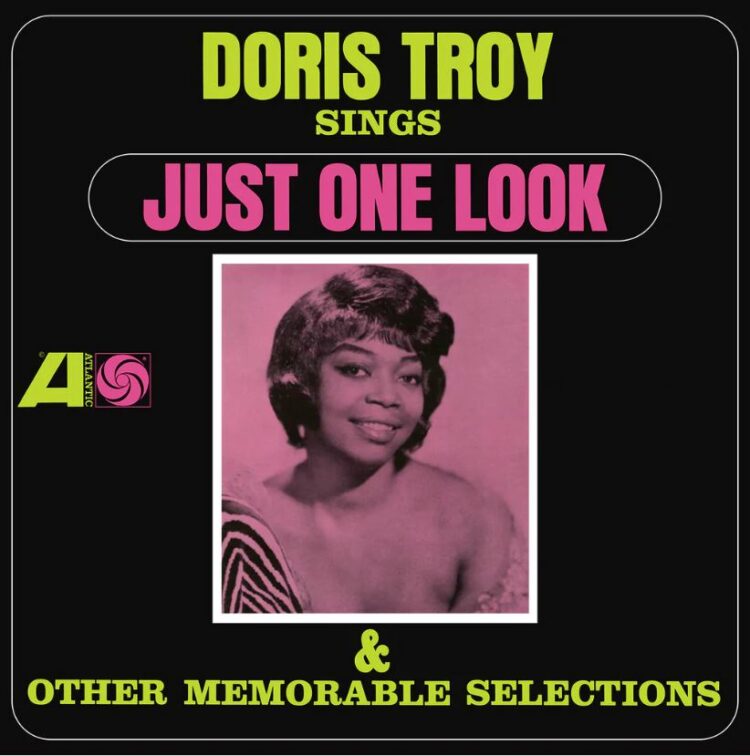
Doris Troy is best known for “Just One Look,” her biggest hit, which she also co-wrote under the name “Doris Payne.” Her first album, Doris Troy Sings Just One Look & Other Memorable Selections, is a solid set of 1960s-era soul and R&B, with Troy co-writing most of the tracks, including such treats as the musical mash-up “Bossa Nova Blues” and slow, pleading “Lazy Days (When Are You Coming Home?).” You can pick it up on newly reissued green vinyl from Real Gone Music.

